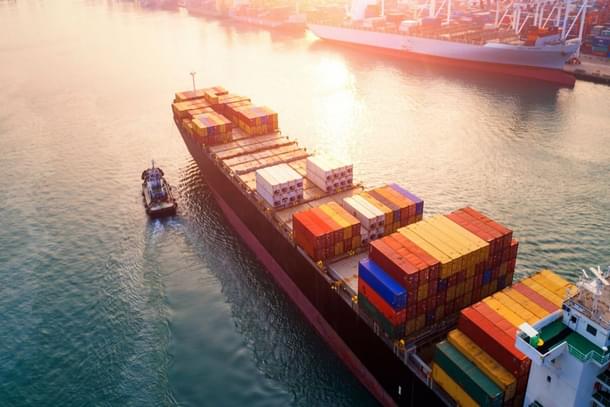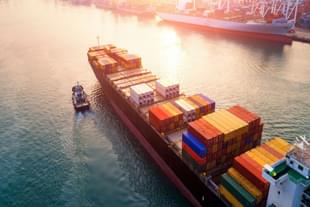News Brief
Red Sea Crisis May Increase Shipping Costs By 60 Per Cent, Insurance Premiums Likely To Increase By 20 Per Cent: Report
Nayan Dwivedi
Jan 06, 2024, 05:25 PM | Updated 05:25 PM IST
Save & read from anywhere!
Bookmark stories for easy access on any device or the Swarajya app.


The ongoing crisis in the Red Sea, fueled by recent attacks from Yemen-based Houthi militants, is anticipated to have significant repercussions on global trade, according to a report by the Global Trade Research Initiative (GTRI).
As reported by Economic Times, the economic think tank suggests that shipping costs could surge by up to 60 per cent, while insurance premiums might increase by 20 per cent.
The conflict has prompted shippers to divert their consignments through the Cape of Good Hope, leading to delays of approximately 20 days.
The Bab-el-Mandeb Strait, a vital shipping route connecting the Red Sea and the Mediterranean Sea to the Indian Ocean, has become a focal point of tensions, impacting trade routes and increasing economic risks.
For India, heavily reliant on the Bab-el-Mandeb Strait for crucial imports and trade with the Middle East, Africa, and Europe, the crisis poses substantial economic and security challenges.
GTRI notes that about 50 per cent of India's overall merchandise trade with Europe and North Africa, totaling USD 113 billion, might have used this route.
In response to the conflict, India is considering alternative routes, such as the longer Cape of Good Hope, which could result in heightened energy costs.
The report also suggests that India may explore diversifying its sources of crude oil and LNG and seek alternative trade routes to reduce dependency on the volatile Red Sea passage.
Nayan Dwivedi is Staff Writer at Swarajya.





